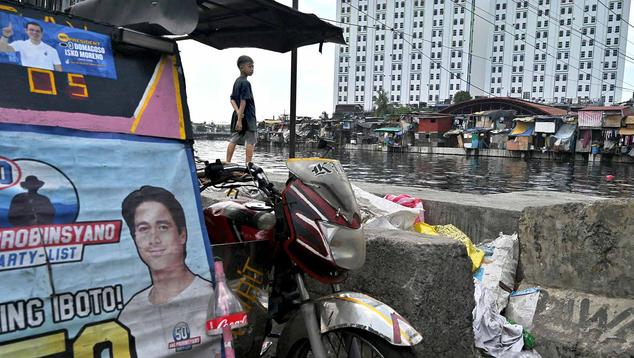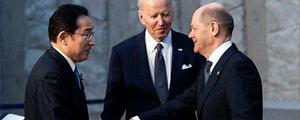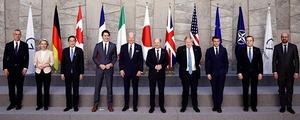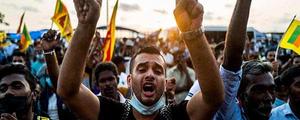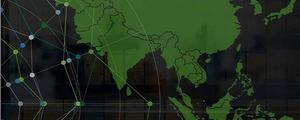WASHINGTON, D.C. -- Although the lead-up to Monday's presidential election in the Philippines has focused more on personalities than on the issues, Gallup surveys in the country indicate the winner will still need to grapple with a host of problems, not the least of which is an economy hard hit by COVID-19.
Quick Summary: The presidential election offers Filipinos the first chance for a move away from the policies of current President Rodrigo Duterte, who instituted a heavy-handed approach to dealing with the country's criminals and imposed a lengthy lockdown to control the spread of the pandemic. Duterte, who was elected in 2016, is not legally eligible for a second term.
In a crowded field, Ferdinand Marcos Jr. and Leni Robredo have emerged as the two front-runners. Marcos, the son of former dictator Ferdinand Marcos, has portrayed his father's time in office as a "golden era" in Philippine history. Robredo is the country's current vice president and a critic of the current president.
Both Marcos and Robredo have been vague in terms of their policy promises, but Robredo has positioned herself as the candidate for change. Marcos, who is endorsed by Duterte, is presenting himself as a return to the past.
The youth vote in the election will likely be critical. Recent estimates indicate nearly 33 million of the Philippines' 65 million registered voters are aged 30 or younger. Appealing to this group is crucial for any candidate looking to win the country's presidency.
Young Filipinos Feel Least Safe: Media reports and information from the Philippine National Police indicate that violent crime and theft declined in the country during the COVID-19 lockdown. Older Filipinos in 2021 generally felt safer walking alone at night than they did when Duterte took office, though the youngest Filipinos did not feel any safer and they continued to feel the least safe of any age group.
Nearly six in 10 Filipinos aged 15 to 29 (57%) said they feel safe walking alone at night, which is essentially no different from the 56% who said so in 2016. This figure is also 14 percentage points lower than the 71% of 30- to 49-year-olds who said they feel safe, and 10 points lower than the 67% of those aged 50 and older who said the same.
Filipino women account for most of the lower safety numbers among young people. A slim majority of women in the 15-to-29 age group (51%) reported feeling safe walking alone at night, compared with 65% of men in this age group. Women in this age group have generally felt less safe than others over the course of Gallup's trend, and this may provide an opening for Robredo to appeal to them.
Filipinos of All Ages Are Struggling to Get By: While younger Filipinos feel less safe where they live, majorities of Filipinos of all ages are feeling economic pain. In 2019, the Philippine economy had been one of the fastest-growing economies in the world. That changed when the COVID-19 pandemic plunged the country into a recession that continued into 2021.
As the recession hit the country, the percentages of Filipinos reporting they were now finding it difficult or very difficult to get by on their current income jumped by 11 percentage points or more across all three age groups between 2019 and 2020. This increase in difficulty getting by continued in 2021, with Filipinos aged 50 or older most likely to report difficulty getting by (62%), followed by those aged 30 to 49 (58%). Those aged 15 to 29 were the least likely to report difficulty (52%).
Implications: Feelings of safety and attitudes about the economy separate younger and older Filipinos ahead of Monday's presidential election. However, the particular importance of these differences in the election is unclear. Robredo reportedly has strong support among young Filipinos, while Marcos' campaign appears tailored to appeal to older members of society. These issues and the appeal of the two candidates in light of how they promise to address them may also weigh on many Filipinos as they cast their ballots.
To stay up to date with the latest Gallup News insights and updates, follow us on Twitter.
For complete methodology and specific survey dates, please review Gallup's Country Data Set details.
Learn more about how the Gallup World Poll works.
